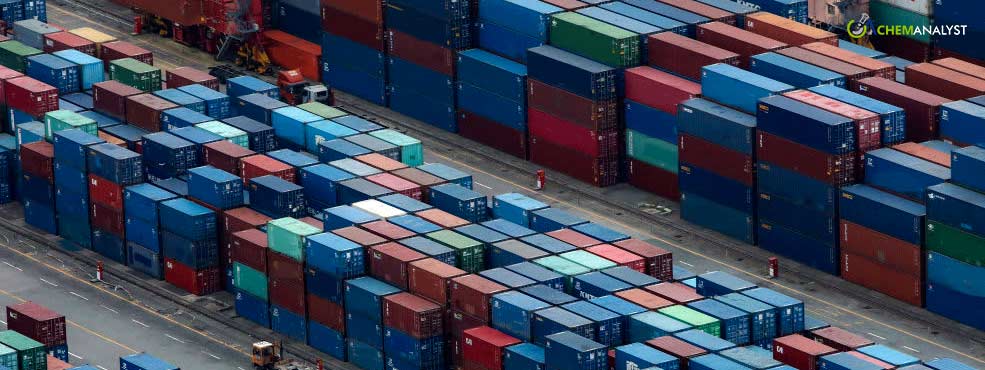Welcome To ChemAnalyst

South Korea has expanded the list of goods requiring special government permission for export to Russia and Belarus to 1,159 items. The decision to broaden restrictions is based on the "high probability" of these items being utilized for military purposes. This expansion includes a ban on exporting certain cars and will be effective from February 24, 2024.
The extended restrictions specifically impact the export of cars to Russia and Belarus with an engine capacity exceeding 2 liters. This comes in addition to the existing prohibition on exporting cars valued at over $50,000. Notably, popular models of Korean crossovers, such as the Hyundai Santa Fe, Palisade, and high-performance versions of the Kia Sportage and Sorento, which constituted a significant portion of parallel imports, fall within the scope of restrictions due to their engine size. The announcement does not clarify whether hybrid models and electric cars will be affected. Furthermore, it remains uncertain if the restrictions will be applicable to cars produced by Korean companies in other countries, like China.
The decision to expand restrictions on the export of certain goods to Russia and Belarus underscores South Korea's concerns regarding the potential military application of these items. The focus on cars with specific engine capacities aims to curtail the export of vehicles that could have strategic implications. The impact of these restrictions extends to both economic and geopolitical dimensions, influencing trade dynamics and relationships between the countries involved.
As the restrictions come into effect, questions arise regarding the potential consequences for the automotive industry in both South Korea and Russia. Korean automakers may need to reassess their export strategies, and Russian automakers could face challenges in sourcing specific models that were previously obtained through parallel imports. Additionally, the broader geopolitical context, including diplomatic relations and trade dynamics, may be influenced by these measures.
The ambiguity surrounding the application of restrictions to hybrid and electric cars, as well as vehicles produced in other countries, introduces an element of uncertainty for industry stakeholders. Clarity on these aspects will be crucial for automotive companies to adapt their strategies and navigate the evolving landscape of international trade.
South Korea's decision to expand restrictions on certain exports to Russia and Belarus reflects a complex intersection of economic, geopolitical, and strategic considerations. The implications for the automotive industry and broader diplomatic relations highlight the interconnected nature of global trade and the need for adaptability in response to evolving geopolitical dynamics.
We use cookies to deliver the best possible experience on our website. To learn more, visit our Privacy Policy. By continuing to use this site or by closing this box, you consent to our use of cookies. More info.
